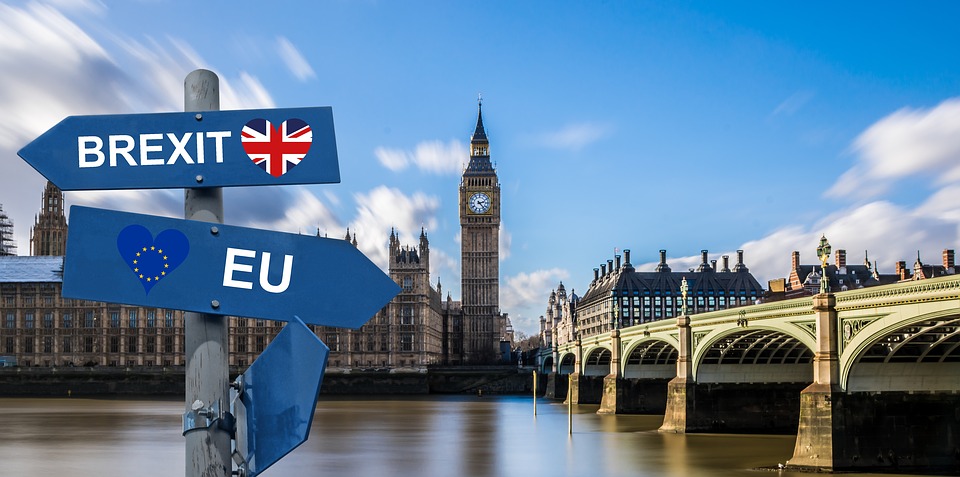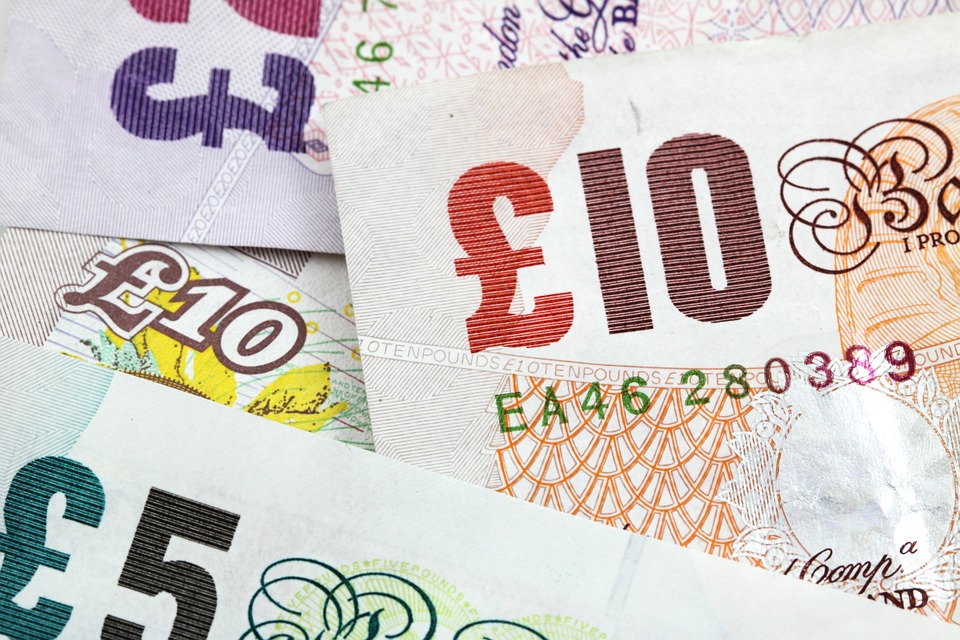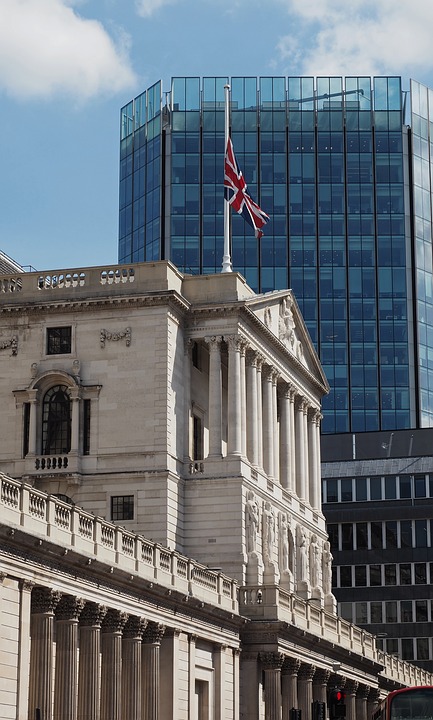Sterling held near $1.30 on Tuesday as signs of progress in Brexit talks helped cement gains after investors pushed back expectations for when the Bank of England would cut interest rates below zero.
The pound was last down 0.1% at $1.2966 after topping $1.30 for the first time since mid-September. Sterling later fell into negative territory, before making up ground after Reuters reported that Britain and the European Union were moving “closer and closer to a deal”.
European Union diplomats told Reuters that Brussels was gearing up to negotiate until as late as mid-November — rather than cutting talks off at the start of next month — to avoid a damaging “no-deal” scenario when Britain’s standstill transition with the bloc ends on Dec. 31.
Sterling last traded down 0.1% against the single currency at 90.91 pence.
Cautious optimism that London and Brussels would reach a deal has been growing in recent days, and most analysts now expect the two sides to do so before the transition deadline.
To find out more about how we can assist you with your Mortgage requirements, please click here to get in touch
“We’re getting closer and closer — the talks are miraculously getting slightly warmer,” said Mark Holman, CEO at TwentyFour Asset Management.
“For us looking from financial markets, it does seem stupid not to get a deal done … If you ask me today, I think it’s probably 50:50.”
Earlier, sterling had touched $1.3007, its highest since Sept. 18.
NEGATIVE RATES
That mark came as money markets pushed back bets that Britain’s interest rates would turn negative, with investors now seeing rates falling below zero in May 2021. Previously they had expected the Bank of England to cut rates into negative territory in March.
The BoE, which cut borrowing costs to a record-low 0.1% in March, is looking at whether it is technically feasible to cut its main interest rate below zero, something that has already been done in Japan and the euro zone.
Bank of England rate-setter Jonathan Haskel said on Monday he saw downside risks to the economy — and also some possible benefits — from cutting interest rates below zero.
“They are still keeping the option open that negative rates could help support the recovery,” said Lee Hardman, currency strategist at MUFG.
Sub-zero rates would likely weaken the pound, at least in the short term, he added.
Reporting by Tom Wilson
Source: UK Reuters






